Safe from ARM: The pitfalls of ARM CPUs from Apple and Microsoft
After dominating the world of smartphones and tablets for a while now, ARM CPUs are now taking over the desktop environment too. While Apple’s M1 is a buzzword on everyone’s lips, Microsoft has also used ARM architecture from the beginning with their SQ2. In the future, any new offerings from Apple or Microsoft should easily leave Intel and AMD behind. However, when it comes to music production, a certain degree of caution is still a good idea, as ARM architecture is still not fully supported by every hardware and software manufacturer. So you could still encounter compatibility issues when trying to link certain plugins and older hardware with these new systems.
What makes ARM processing different?
ARM processor architecture was originally developed by Advanced RISC Machines, which means ARM itself does not produce CPUs. Instead, they simply license the technology necessary for manufacturing, which includes the basic structure of the CPU. Apple, Microsoft, and Qualcomm for example have each licensed and implemented the ARM architecture within the design of their RISC CPUs.
RISC(Reduced Instruction Set Computers) processing differs fundamentally from CISC(Complex Instruction Set Computers) in the way it works. Most of us are familiar with CISC CPUs under the x86 designation. This type of CPU can be easily integrated into complex systems and is capable of highly complex arithmetic operations. The only drawback, however, is these require more computing power and therefore, have lower energy efficiency. CISC CPUs allow more complex systems with a wide variety of hardware and software configurations. For this reason, they are optimal for desktop computers and workstations but generate too much heat for laptops and mobile devices. The increased power consumption means shorter battery life.
RISC vs CISC: How do they compare?
The Apple M1 and Microsoft SQ2 are RISC CPUs that run on a reduced complexity instruction set in comparison to the Intel Core or AMD Ryzen processors. Generating less heat with lower power consumption makes RISC CPUs ideal for mobile use. Compatibility however, remains a crucial aspect here, as the decreased command sets mean that a smaller range of hardware, drivers and operating systems are supported. Only when the entire system is properly optimized for ARM architecture do RISC CPUs perform well.
This is the gripe that most audio users have when upgrading to an Apple M1 system. In cases where the audio interface driver was missing, one simply had to wait until the manufacturer released a compatible driver. When it comes to DAW systems and plugins, there was also an issue because most of this software was optimized for the Intel emulation environment, Rosetta 2. The result was extremely underwhelming, as the promised performance increase simply wasn’t evident. It will be a while before the transition to ARM optimization is fully realized, and if you check out videos like that of my colleague Robin Vincent with the Microsoft Surface X, you get a clear picture of this.
Apple’s move from Intel to ARM
Looking back, Apple’s M1 CPUs were announced in the summer of 2020, the new ARM-based architecture bringing an end to a 15-year reign of Intel processing on Mac. The performance hype, however, wasn’t welcomed without a healthy degree of skepticism in audio circles, and for good reason. The range of DAWs, plugins, interfaces, controllers, and other hardware peripherals that required ARM compatibility to perform at the same spec was staggering.
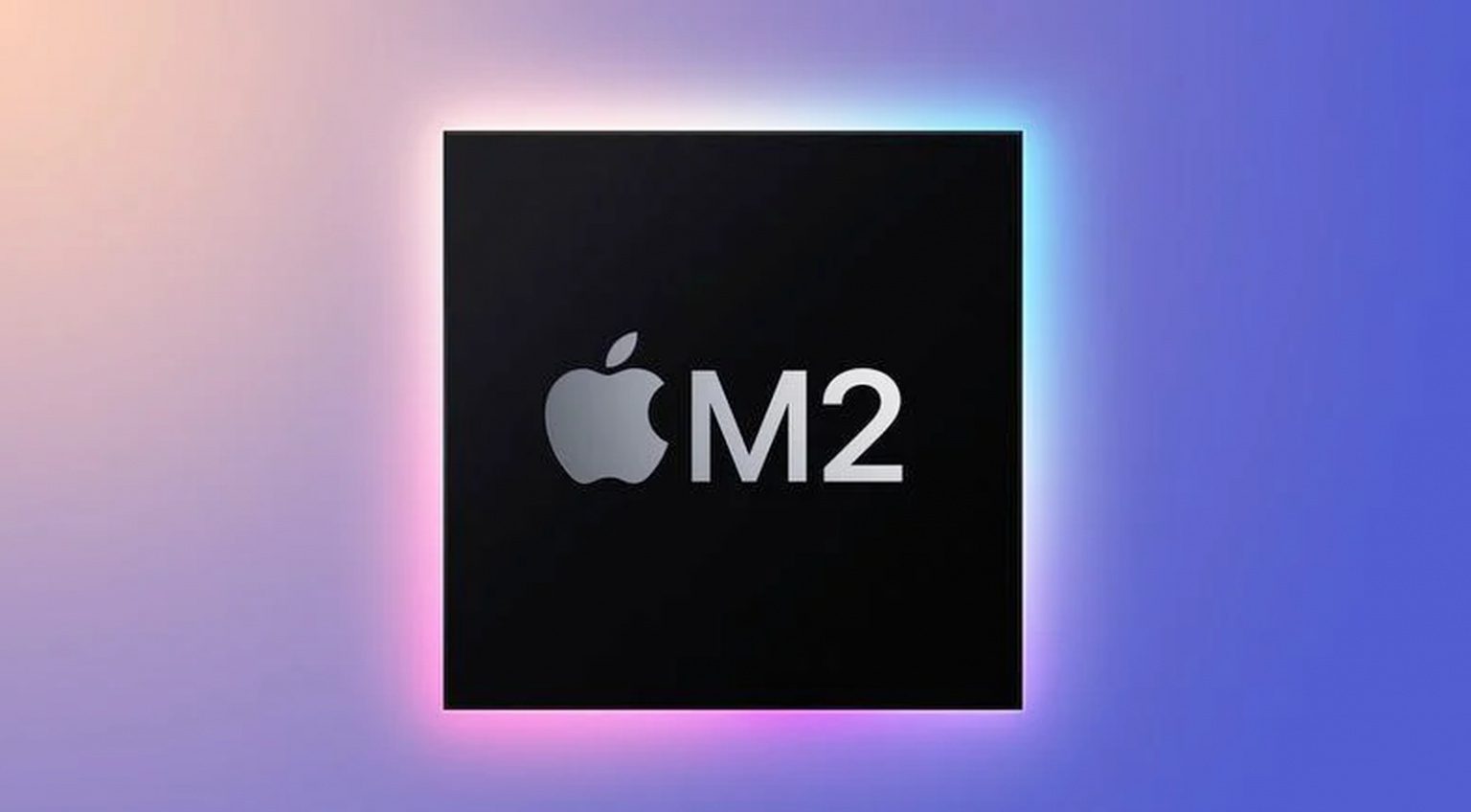
Just how much faster is Apple’s rumoured M2?
Therefore, if you’re planning on switching up to a new ARM-based system on Windows or Mac, it’s absolutely essential you do your research before making the jump, as it might not be the jump to lightspeed you expected. Ensure that your audio interface drivers passed beta testing and are now stable for use on this new architecture. Slightly more elaborate controllers like the Native Instruments Komplete Kontrol series or the Arturia Keystep are worth investigating in terms of their software-side compatibility. On forums, Reddit threads, and Facebook user groups there are still widespread reports of sudden crashes, CPU overloads, and even hardware rendered useless. This is especially common with plugins that run in Rosetta 2 mode like Soundtoys, Slate, or Plugin Alliance.
ARM Wrestle: How to avoid the fight
There is a light, however, at the end of this tunnel, as an increasing number of manufacturers are reporting M1 compatibility for DAWs, drivers, and plugins. As Apple was the early adapter of ARM architecture, things are slowly beginning to stabilize, but the Windows platform still has some catching up to do. There are at least some initial DAW and driver compatibility updates, and optimization will be more comprehensive in time.
Currently though, there just isn’t a complete endorsement for ARM CPUs coming from anyone in pro audio. The discrepancies between the old and new systems are considerable and the idiosyncrasies vast. Overall, the technology hit the pro-market with polar reviews. Some users were able to switch over with little or no restrictions and got a huge performance increase, while others found they had invested in rather expensive door stoppers.
For manufacturers, it’s important to note that the process of ARM architecture optimization isn’t just a walk in the park. There has been somewhat of a scramble since the Apple M1 entered the market, as manufacturers attempt to do damage control from the increasing demands of users. For some, months of development time was lost converting and optimizing plugins, DAWs, and drivers for the new architecture. As a result, the development of new plugins was put to one side along with any error correction or bug fixing. Hopefully, once the fires are out, we can embrace this new technology with relative confidence, but until then be sure to do your homework before upgrading.
More about ARM technology:
- Apple M2 Rumors
- Music production on your M1 Mac
- Everything about Apple and M1
- Everything Microsoft
- All About Intel
Videos:
Originally published on Gearnews.de by Julian.
- ARM architecture up close.: Jeremy Bezanger/Unsplash
- Just how much faster is Apple's rumoured M2? : GN
3 responses to “Safe from ARM: The pitfalls of ARM CPUs from Apple and Microsoft”
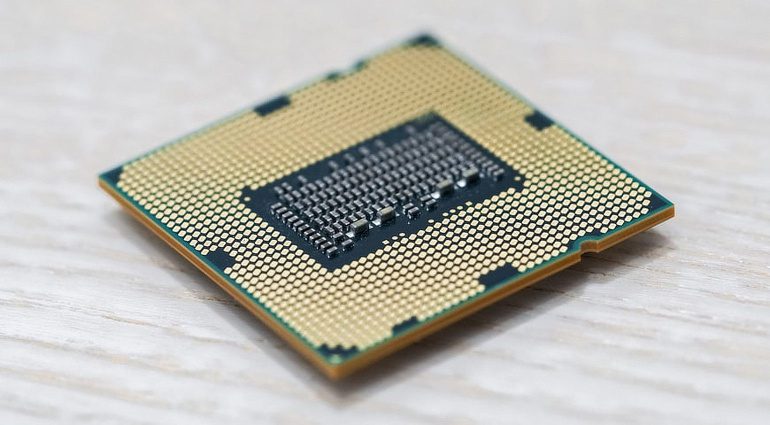


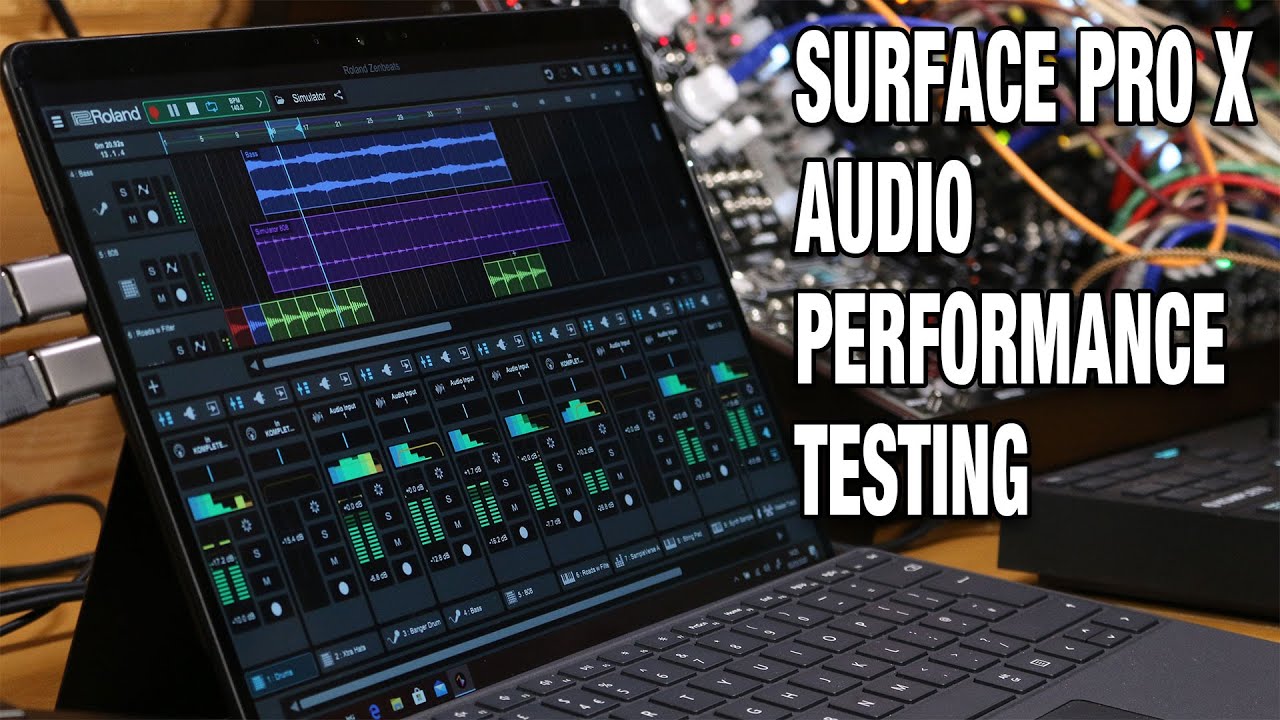
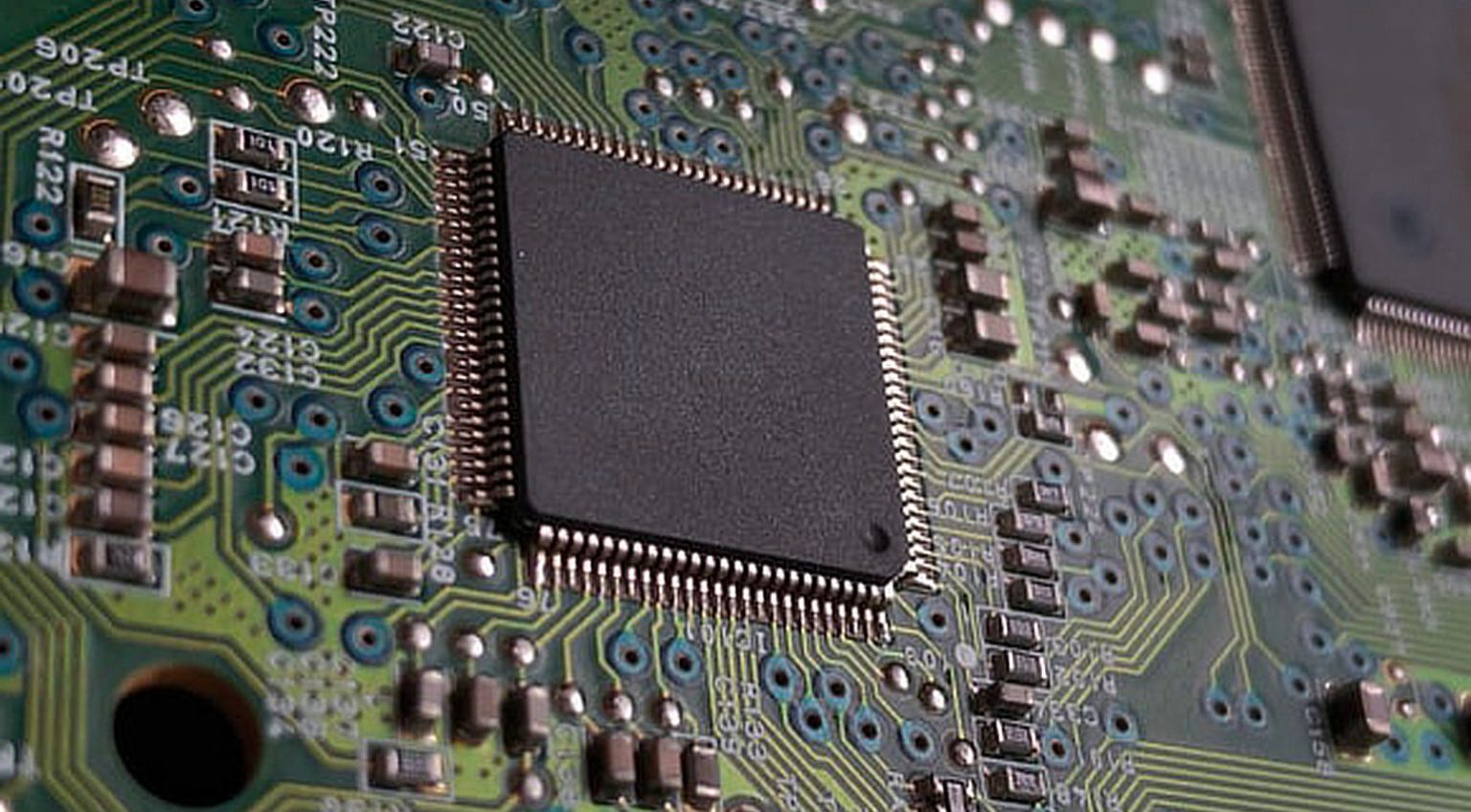


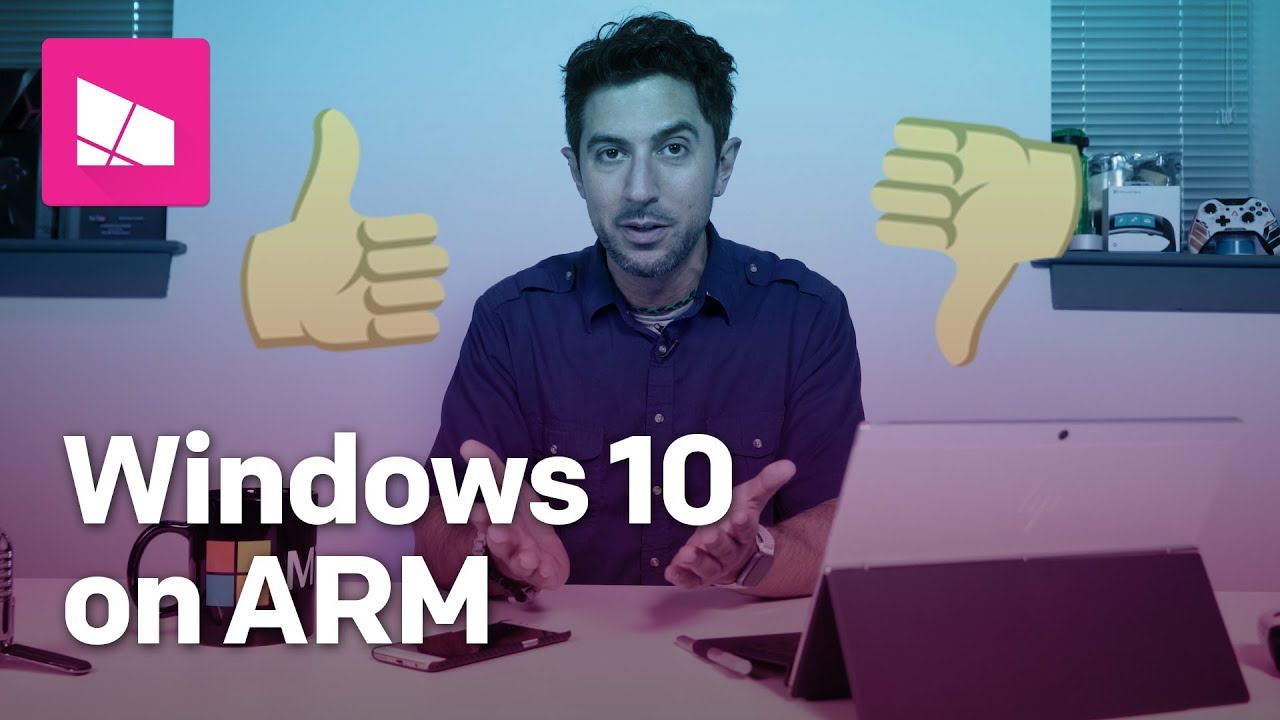
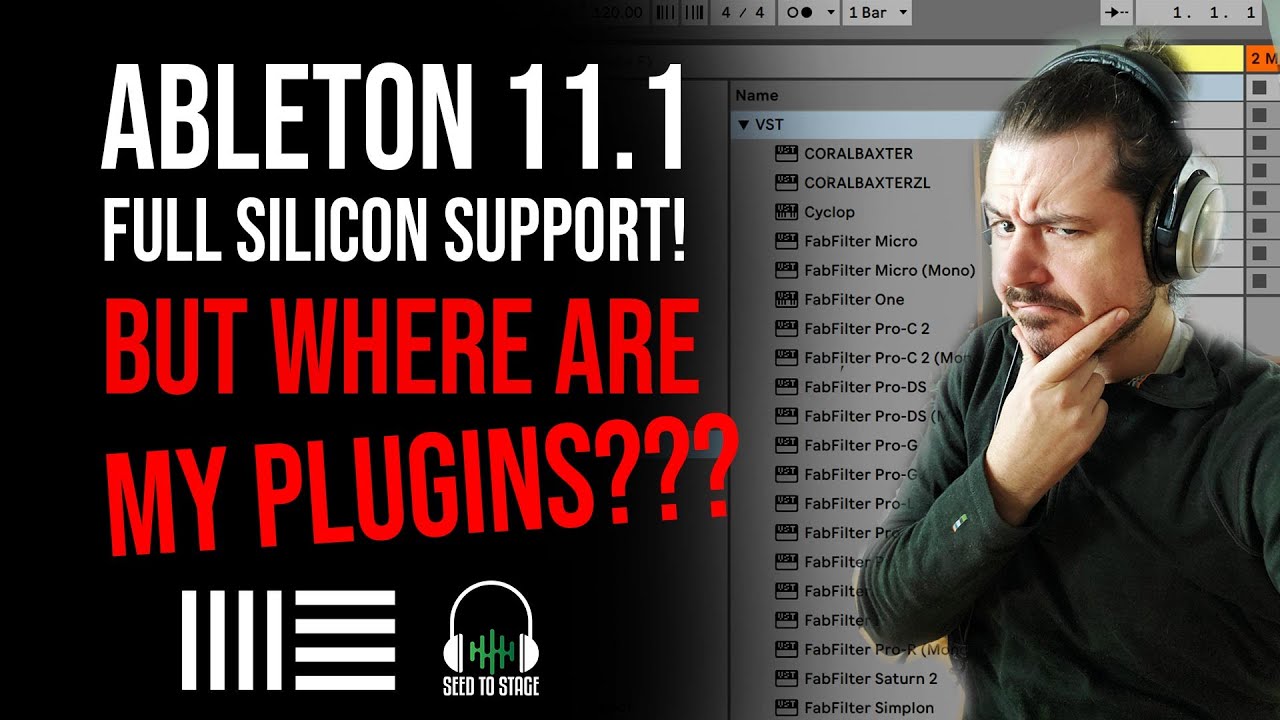
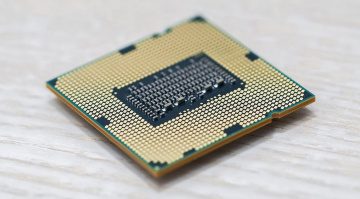


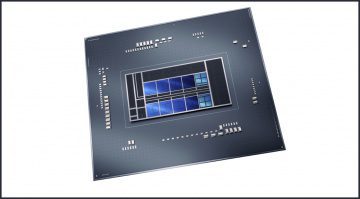
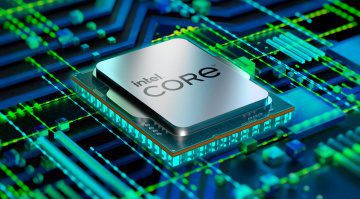


Count me as one of those who jumped on the M1 train in late 2020 and never looked back. Yes, there have been issues (and I’ve documented many in The New Shiny Shiny series over at A Poke In The Ear). Looking back it’s nothing worse than major System Version upgrades from the past few decades, and the performance boost is superior to Intel’s processors IMO.
I haven’t caught a lot of grumbling from the audio community on the Apple Silicon transition. Even the Dev’s are a bit less angry this time – perhaps because Rosetta 2 was such a success it gave them the time to generate updates. Every user I talk to who has switched has been floored by the speed and stability. I have no experience with ARM in other computing systems other than the Mac, so I can’t speak for those personally.
I must say these kinds of posts really bug me because they are heavy on speculation and light on details. Would like to see some links for the bolded text here for reference please.
Reaper running in Rosetta 2 mode on an M1 Max MacBook Pro with RME interface and loads of third party plugins. No issues thus far. Some dev friends advising that Rosetta is around a 10% performance hit with little to no added latency, willing to put up with that for all the upsides to the new MBP. Ended up going Rosetta mode as about half my plugins have yet to see native versions.
This is part of a live rig so to me mobility was a big factor and I wanted to stay Mac. If neither of those things matter to you it probably doesn’t make sense right now.
This is the 4rd change of processor that Apple has done (5th if you count the transition from Apple computers to Macs) over hte past 40+ years, so worries that they can’t do it right are not rationale. They’ve had successful runs with each of their Mac processors — 68K, PowerPC, intel — that were EACH for longer than most computer companies have been in existence. It would be beyond incomprehensible if they goofed on this one.